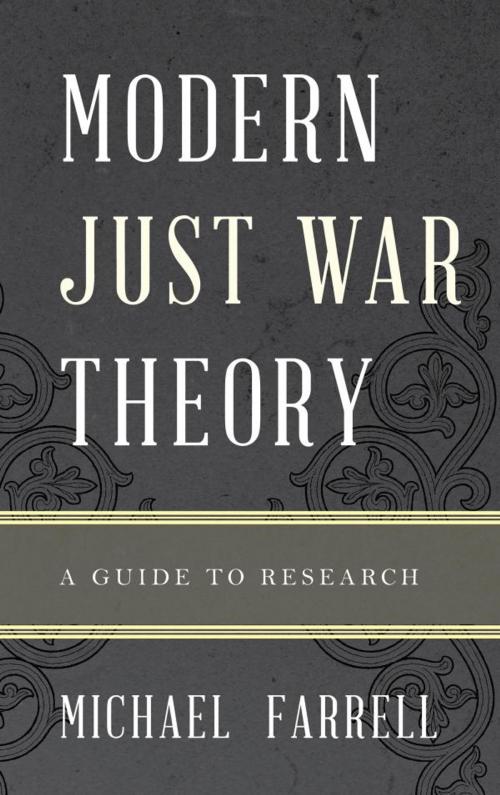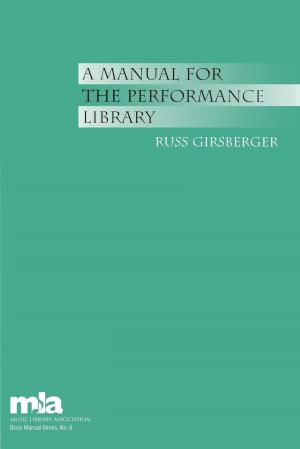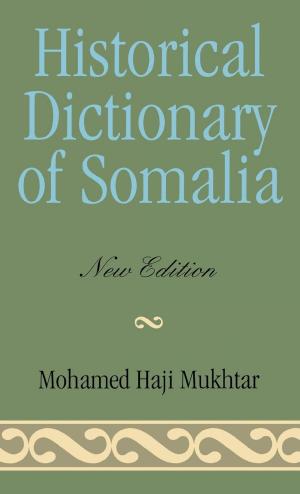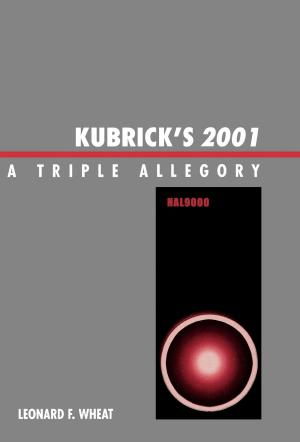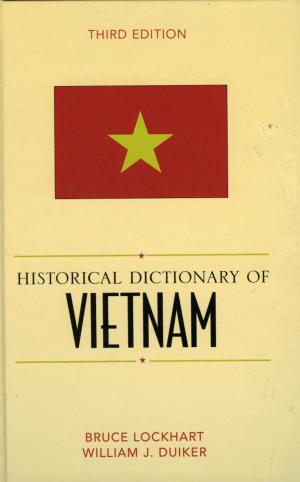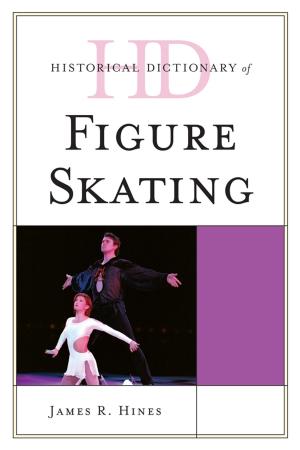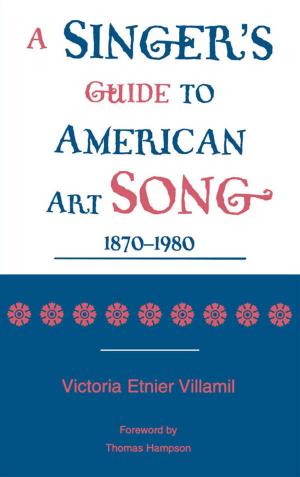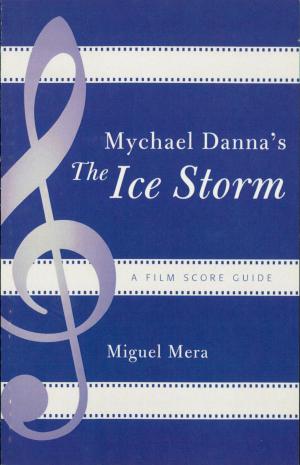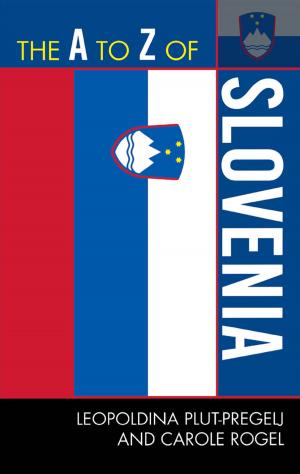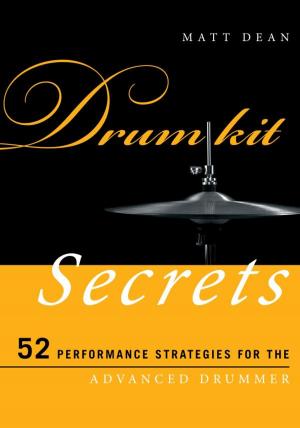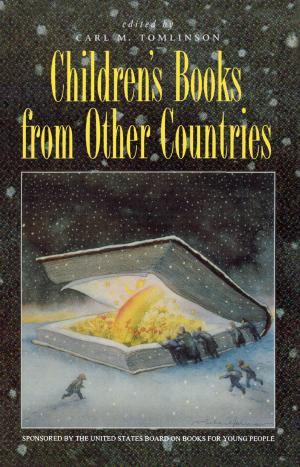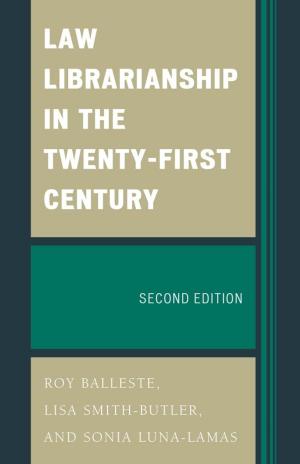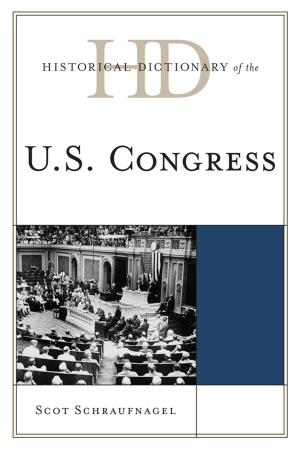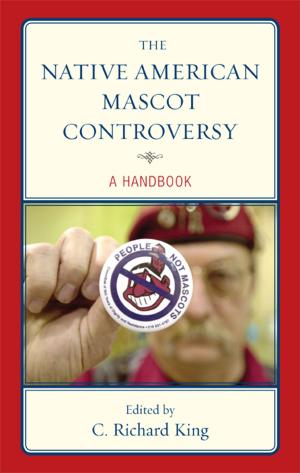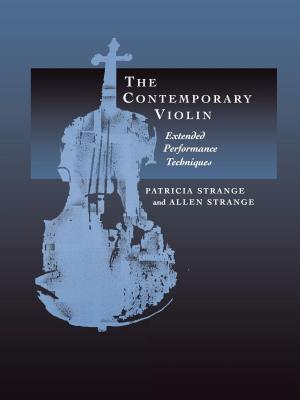Modern Just War Theory
A Guide to Research
Nonfiction, Religion & Spirituality, Philosophy, Ethics & Moral Philosophy, Theology, Christianity| Author: | Michael Farrell | ISBN: | 9780810883451 |
| Publisher: | Scarecrow Press | Publication: | June 20, 2013 |
| Imprint: | Scarecrow Press | Language: | English |
| Author: | Michael Farrell |
| ISBN: | 9780810883451 |
| Publisher: | Scarecrow Press |
| Publication: | June 20, 2013 |
| Imprint: | Scarecrow Press |
| Language: | English |
Contributions to Illuminations: A Scarecrow Press Series of Guides to Research in Religion provide students and scholars, lay readers and clergy, with a road map to research in key areas of religious study. All commonly constructed with introductions to the topic and reviews of key thinkers, concepts, and events, each volume includes surveys of the primary and secondary sources, with critical evaluations of their places in the canon of thought and research on the topic. Focusing primarily on the knowledge required by today’s students and scholars, each guide is a must-have for any student of religion.
The twentieth century saw an explosion of wars and an accompanying explosion of literature on the morality of war. Thinking among Christian clerics and scholars on the idea of “just war” shifted with developments on the battlefield. Alternatives to just war theory, such as pacifism and realism, found new proponents in the published work of the neo-Anabaptists and Niebhurians. Meanwhile, proponents of Christian just war theory had to address challenges from competing ideologies as well as ththose presented by the changing nature of warfare.
Modern Just War Theory: A Guide to Research, by scholar and librarian Michael Farrell, serves as a manual for students and scholars studying Christian just war theory, helping them navigate the wealth of just war literature produced in the twentieth and twenty-first centuries. Farrell’s guide provides an introduction to the major developments of just war theory in the twentieth century, including sections on how to research just war theory, an overview of some of the most important theorists and developments of the twentieth century, and discussions of key search terms and related topics. Farrell then surveys and evaluates key primary and secondary sources for researchers on just war theory, as well as related sources on Christian realism and the responses of just war theorists to proponents of pacifism and secular just war theories.
Modern Just War Theory will appeal to students and scholars of theology, military history, international law, and Christian ethics
Contributions to Illuminations: A Scarecrow Press Series of Guides to Research in Religion provide students and scholars, lay readers and clergy, with a road map to research in key areas of religious study. All commonly constructed with introductions to the topic and reviews of key thinkers, concepts, and events, each volume includes surveys of the primary and secondary sources, with critical evaluations of their places in the canon of thought and research on the topic. Focusing primarily on the knowledge required by today’s students and scholars, each guide is a must-have for any student of religion.
The twentieth century saw an explosion of wars and an accompanying explosion of literature on the morality of war. Thinking among Christian clerics and scholars on the idea of “just war” shifted with developments on the battlefield. Alternatives to just war theory, such as pacifism and realism, found new proponents in the published work of the neo-Anabaptists and Niebhurians. Meanwhile, proponents of Christian just war theory had to address challenges from competing ideologies as well as ththose presented by the changing nature of warfare.
Modern Just War Theory: A Guide to Research, by scholar and librarian Michael Farrell, serves as a manual for students and scholars studying Christian just war theory, helping them navigate the wealth of just war literature produced in the twentieth and twenty-first centuries. Farrell’s guide provides an introduction to the major developments of just war theory in the twentieth century, including sections on how to research just war theory, an overview of some of the most important theorists and developments of the twentieth century, and discussions of key search terms and related topics. Farrell then surveys and evaluates key primary and secondary sources for researchers on just war theory, as well as related sources on Christian realism and the responses of just war theorists to proponents of pacifism and secular just war theories.
Modern Just War Theory will appeal to students and scholars of theology, military history, international law, and Christian ethics
